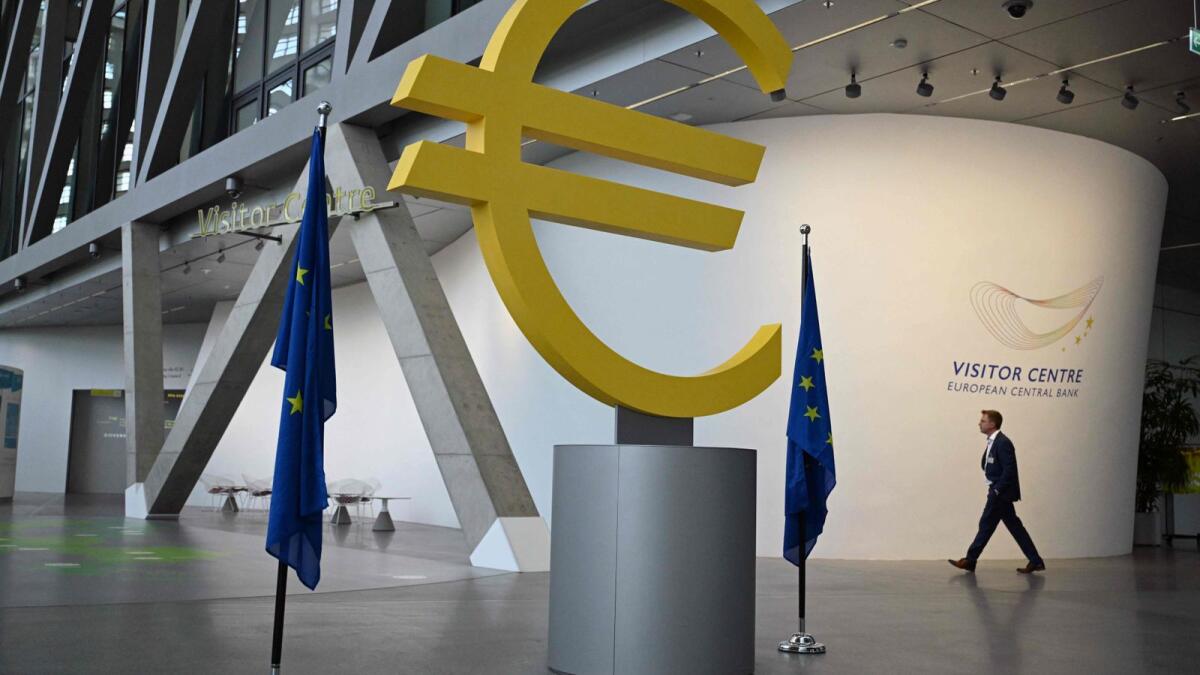The European Central Bank (ECB) is facing a growing divide among policymakers regarding the economic outlook, with some fearing a recession while others focus on inflation. The ECB recently cut interest rates and is expected to ease again in September due to slowing price growth. However, future policy decisions may become more complicated as the euro zone economy enters a more precarious state, according to sources close to the debate.
The core of the debate revolves around how weakness in economic growth and a potential recession will impact inflation, which is the central bank’s focus as it aims to achieve a 2 percent target by 2025. There are differing views among policymakers, with doves arguing that the economy is weaker than anticipated, recession risks are increasing, and job market conditions are softening. This could lead to below-target inflation if not addressed promptly, supporting the case for quicker interest rate cuts.
On the other hand, conservatives or hawks in the central bank argue that actual growth figures are outperforming weak survey results and the economy is holding up well. Consumption is robust, tourism is flourishing, and construction activity is rebounding. Wage growth remains strong, supporting real incomes and insulating the economy. While there are concerns about the manufacturing sector, monetary policy may have limited impact, leading to calls for gradual rate cuts until inflation returns to target.
The rift among policymakers is unlikely to affect the upcoming September policy decision, which is widely expected to involve rate cuts. However, it could influence how ECB President Christine Lagarde communicates the decision and shape expectations for the October meeting. Doves want Lagarde to highlight growth risks and indicate that further rate cuts are possible, while hawks are cautious about sending overly dovish signals that could raise market expectations.
The outlook for the euro zone economy remains uncertain, with mixed views among economists. While some expect continued but modest growth, others warn of a potential recession. Factors such as weak Chinese demand for European goods and political instability in key countries could weigh on consumer sentiment. The ECB will need to carefully navigate these challenges and ensure that its policy decisions are aligned with the evolving economic conditions and inflation targets.










